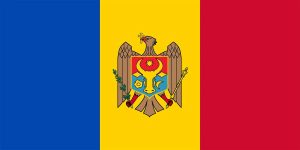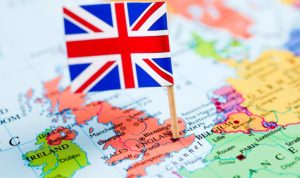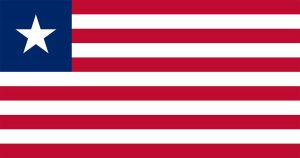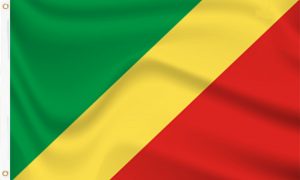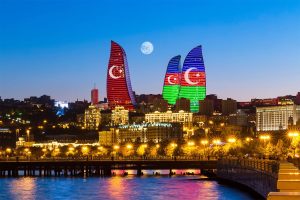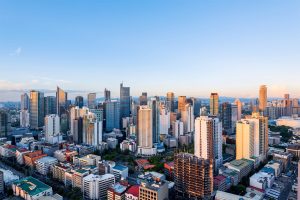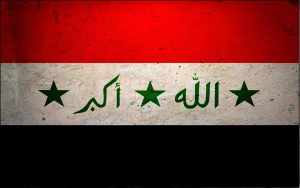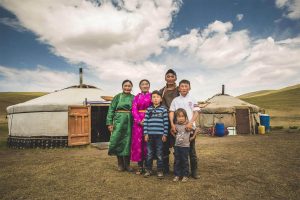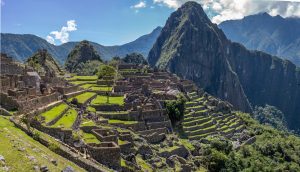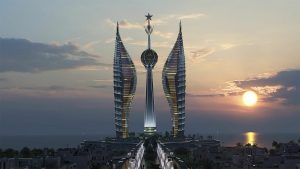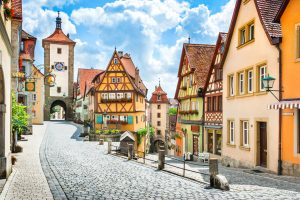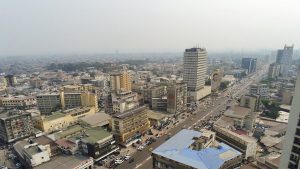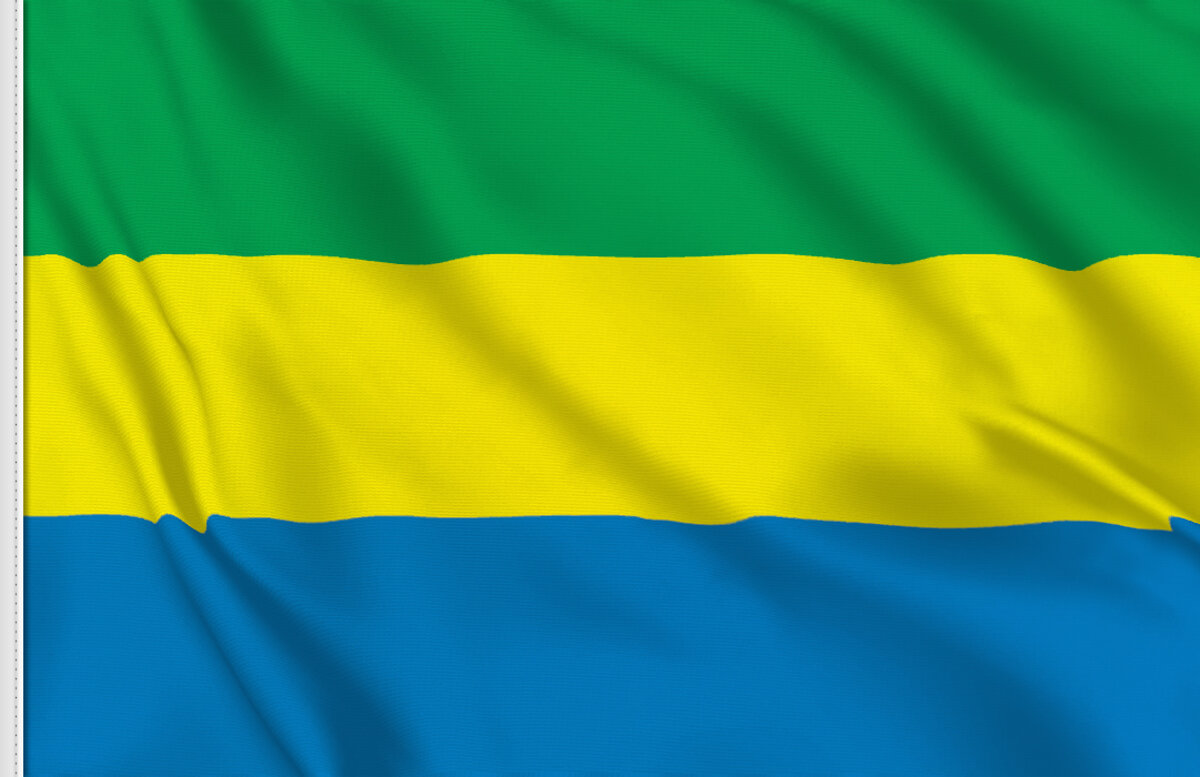
33 interesting facts about Gabon
- 👁️ 688
Gabon, a vibrant and lush country along the Atlantic coast of Central Africa, is renowned for its rich biodiversity and vast natural resources. It’s a place where dense rainforests meet the ocean, creating stunning landscapes and supporting diverse wildlife. Despite being one of the more stable countries in the region, Gabon is still relatively unknown to many outside its borders. Its commitment to preserving natural landscapes and promoting eco-tourism makes it an interesting topic for those passionate about nature and conservation.
- Gabon gained independence from France on August 17, 1960.
- It is home to over 800,000 people as of the latest estimates.
- Libreville, the capital, is the largest city and serves as the political and administrative center.
- Gabon is a republic with a presidential form of government.
- The country’s official language is French.
- Gabon is rich in natural resources, with oil being its main export.
- It covers an area of nearly 270,000 square kilometers.
- Approximately 85% of Gabon is covered by rainforests.
- The country is part of the Congo Basin, the second-largest rainforest area in the world.
- Gabon has 13 national parks, which were established to protect its diverse flora and fauna.
- The Loango National Park allows visitors to see whales, elephants, and gorillas in one trip.
- The economy is heavily dependent on its petroleum and manganese mining industries.
- Gabon was a host country for the 2012 Africa Cup of Nations, a major international football tournament.
- It is a member of the United Nations, the African Union, and the Organisation of Islamic Cooperation.
- The Bongo family has ruled Gabon since 1967.
- Gabonese music includes a variety of folk styles and pop genres, one of which is called Tandima.
- The country introduced a new environmental initiative in 2009, mandating that 10% of the nation be designated as protected parkland.
- Per capita, Gabon has one of the largest elephant populations in Africa.
- The Cristal Mountains create a natural border with Cameroon.
- Albert Schweitzer’s hospital in Lambaréné gained worldwide recognition for its humanitarian work.
- Gabon’s traditional religion centers around ancestor worship and nature spirits.
- Its literacy rate is among the highest in the region.
- The Gabonese cuisine features a variety of fish, meats, and tropical fruits.
- The Fang tribe is the largest ethnic group in Gabon.
- The Fernan Vaz Lagoon is a popular spot for ecotourism.
- Gabon’s government has been working on diversifying its economy to reduce dependency on oil.
- More than half of Gabon’s population lives in urban areas.
- Gabon is home to hundreds of species of orchids.
- It has one of the lowest population densities in Africa.
- The government officially promotes bilingualism in French and English.
- Gabon was once part of the French Equatorial Africa federation.
- Soccer is the most popular sport in Gabon.
- The country’s motto is “Union, Work, Justice.”
In summary, Gabon stands out for its dense forests, rich biodiversity, and strong conservation efforts. Despite its oil wealth, the country faces challenges related to economic diversification and political stability. The preservation of its natural resources and wildlife remains a priority, reflecting a commitment to maintaining the ecological balance while fostering tourism and reducing economic dependencies. Gabon’s blend of traditional cultures and modern aspirations makes it a unique study of resilience and beauty in Central Africa.
